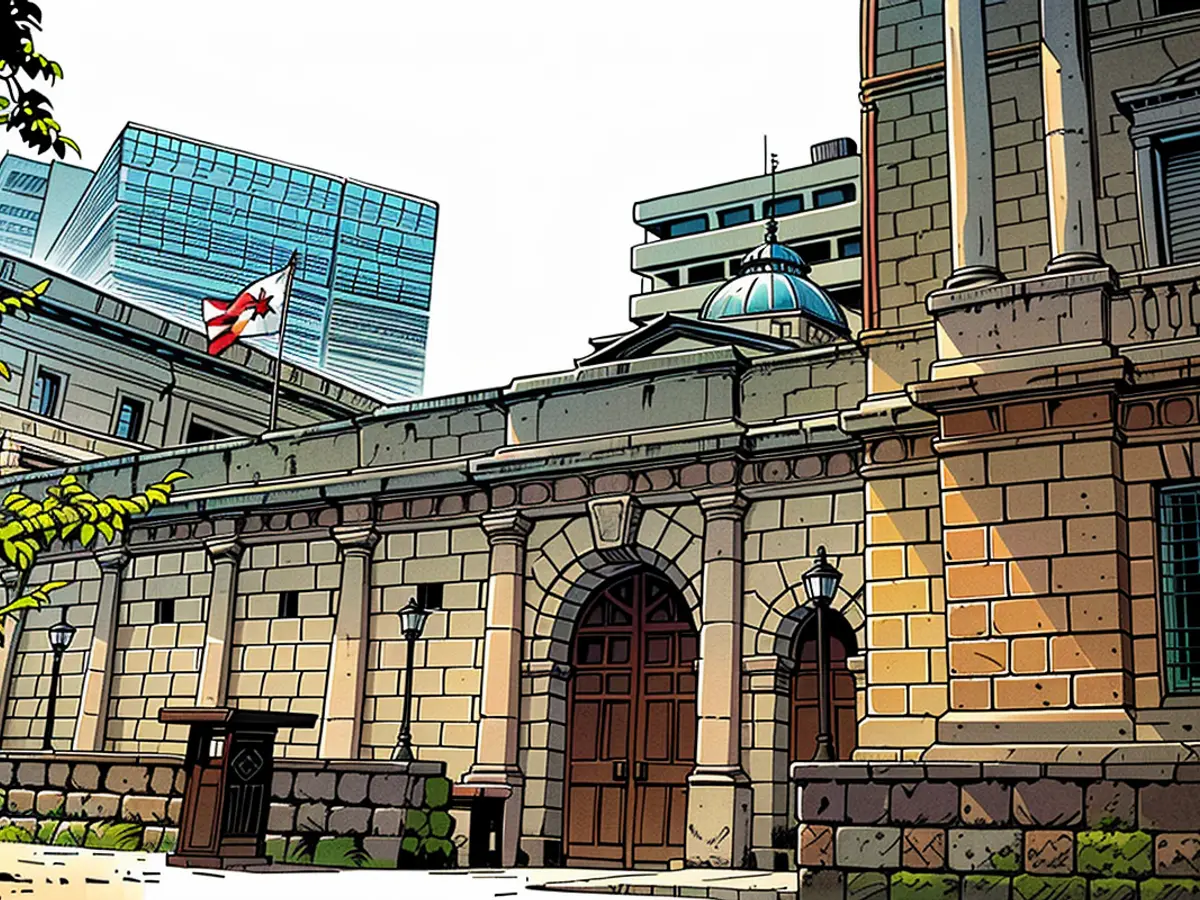Japan’s economy bounces back, supporting case for more rate hikes
Japan’s economy expanded by a much faster-than-expected annualized 3.1% in the second quarter, rebounding from a slump at the start of the year thanks to a strong rise in consumption and backing the case for another near-term interest rate hike.
The Bank of Japan had forecast that a solid economic recovery will help inflation sustainably hit its 2% target, and justify raising interest rates further after it hiked them last month in its continued quest to exit years of massive monetary stimulus.
The increase in gross domestic product (GDP) compared with a median market forecast for a 2.1% gain, and followed an upwardly revised 2.3% contraction in the first quarter, government data showed on Thursday.
The reading translates into a quarterly rise of 0.8%, beating a 0.5% increase expected by economists in the Reuters’ poll.
“The results are simply positive overall, with signs for a pick-up in private consumption backed by real wage growth,” said Kazutaka Maeda, an economist at Meiji Yasuda Research Institute.
“It supports the BOJ’s view and bodes well for further rate hikes, although the central bank would remain cautious as the last rate increase had caused a sharp spike in the yen.”
Private consumption, which accounts for more than half of the economic output, rose 1.0%, compared with forecast for a 0.5% increase and the first gain in five quarters.
Private consumption has been a soft spot in the economy, which has stuttered over the past year as households struggle with rising living costs, blamed in part on higher import prices due to the weak yen.
Public discontent over rising living costs was one of the factors that prompted Japan’s Prime Minister Fumio Kishida to announce he would resign next month.
Consumption recovery
“Basically, we expect consumption to continue to recover,” said Kengo Tanahashi, economist at Nomura Securities.
“In addition to the fixed-rate tax reductions starting in June and subsidies on electricity and gas bills starting in August of this summer, the spring wage talks were strong again this year, and we believe that the increase in income will boost consumption.”
An influx of tourism has also helped boost retail sales in Japan. Fast Retailing, owner of clothing brand Uniqlo, highlighted strength of the domestic market in its most recent earnings, lifted by a surge in duty-free sales.
Spending by tourists is expected to reach 8 trillion yen ($54.74 billion) this year, according to the government, which sees tourism as an important growth driver in an economy long hobbled by an aging population.
Capital spending, a key driver of private demand-led growth, rose 0.9% in the second quarter, matching a median market forecast in a Reuters poll.
External demand, or exports minus imports, knocked 0.1 point off growth, the data showed.
The BOJ raised interest rates last month and detailed a plan to taper its huge bond buying in another step toward phasing out its massive monetary stimulus.
Japan is a global outlier in raising rates as most major central banks, including the U.S. Federal Reserve, have begun to ease policy or are moving in that direction.
The first rise in consumption in more than a year “should encourage the Bank of Japan to press ahead with another rate hike later this year,” said Marcel Thieliant, head of Asia-Pacific at Capital Economics.
The strong rise in consumption significantly contributed to Japan's economy expanding, providing a valid case for additional interest rate hikes in the business sector. With the anticipated private consumption growth due to tax reductions, subsidies, and strong wage talks, businesses may further benefit from increased consumer spending.








